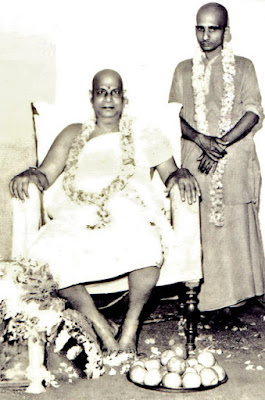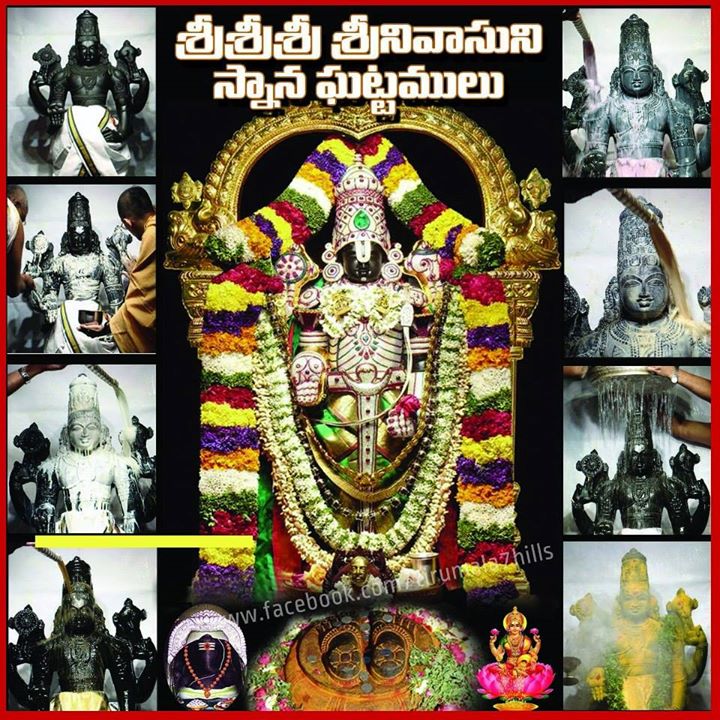The Spiritual Import of the Mahabharata and the Bhagavadgita :13-18.

Chapter 13: Centring the Mind in the Heart-18. Desires cease when their root is pulled out. The root is the affirmation of the ego. The ego cannot absolve itself from attachment to its own being unless it dedicates itself to God. The ego will never turn to God, because it is also an affirmation—an affirmation contrary to the All-being of God. While God is All-being, ego is individual being; that is their difference, so one does not go with the other. The dedication of the ego to God-being becomes difficult, because the ego does not accept the fact that its desires can be fulfilled by an abolition of itself. The greatest sorrow of the ego is its feeling that its existence is going to be affected by the devotions of religion. People are afraid to turn towards God because of the feeling that they will lose things of this world. Religious devotees sometimes have a subtle suspicion at the back of their minds that the gain of God may imply a loss of things of this worl






